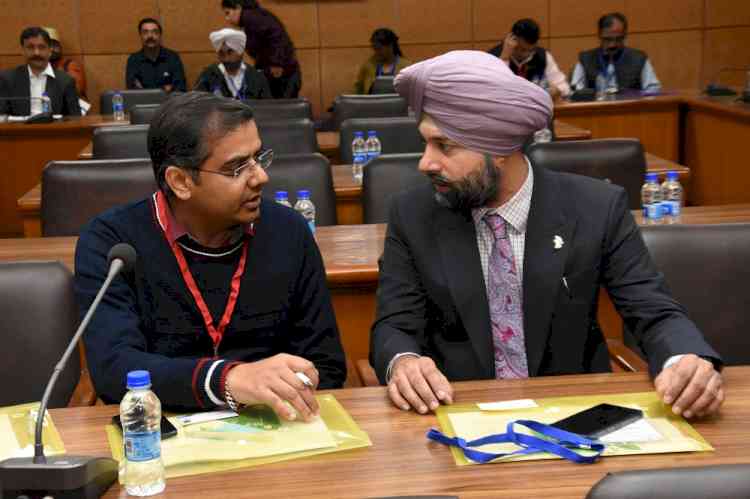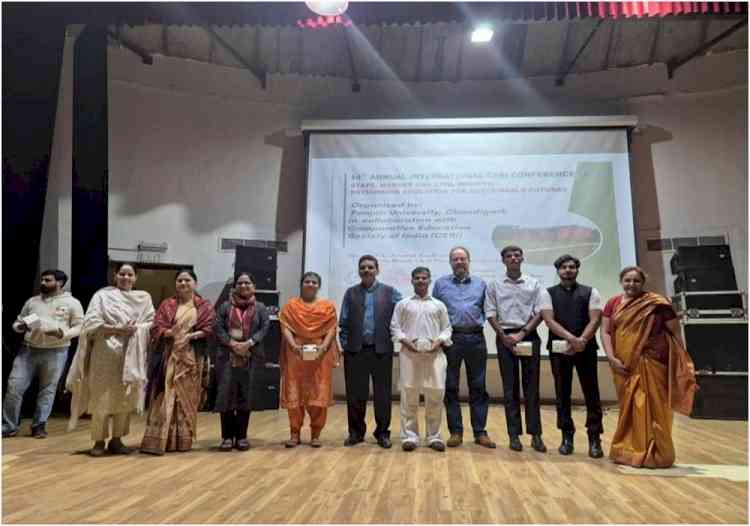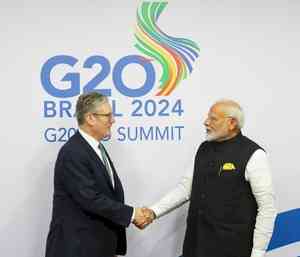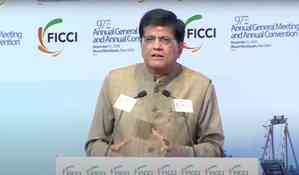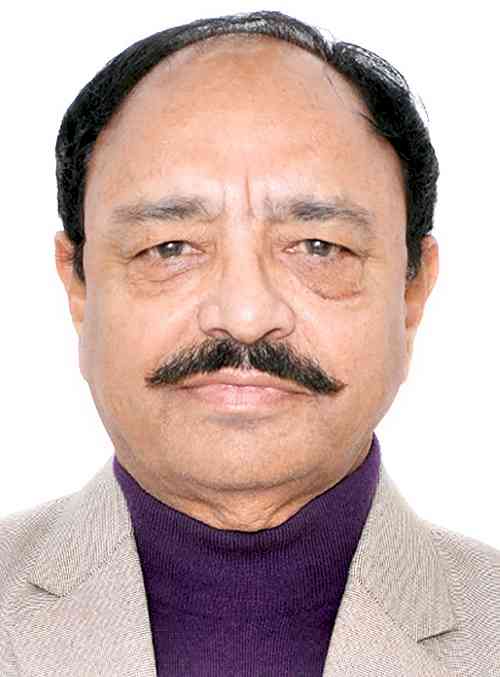34 LPU faculty members recognised among the world’s top 2% scientists by Stanford University 2024
Lovely Professional University (LPU) continues to make strides in the global academic arena, as 34 of its faculty members have been recognised among the world’s top 2% scientists by Stanford University, USA. This number shows a significant increase from last year’s 22 faculty members. 2 faculty members got the 2nd rank in India among AI and Image Processing & Food Processing fields. This prestigious recognition, featured in a global list compiled by Stanford, highlights the most influential researchers worldwide, acknowledging their contributions to the field of research.
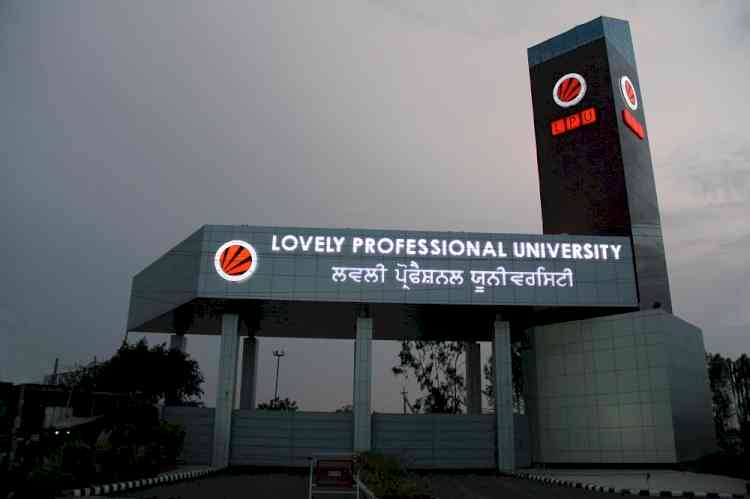
Jalandhar, September 24, 2024: Lovely Professional University (LPU) continues to make strides in the global academic arena, as 34 of its faculty members have been recognised among the world’s top 2% scientists by Stanford University, USA. This number shows a significant increase from last year’s 22 faculty members. 2 faculty members got the 2nd rank in India among AI and Image Processing & Food Processing fields. This prestigious recognition, featured in a global list compiled by Stanford, highlights the most influential researchers worldwide, acknowledging their contributions to the field of research.
Expressing immense gratitude for this achievement of faculty members, LPU’s Founder Chancellor & Member of Parliament (Rajya Sabha), Dr Ashok Kumar Mittal, congratulated all faculty members who have been featured as top scientists in their respective fields worldwide. Mittal emphasised that this achievement highlights the exceptional research work being carried out by the institution, reflecting its commitment to impactful research.
The recognized faculty members have excelled in varied domains such as medicinal and biomolecular chemistry, artificial intelligence and image processing, pharmacology and pharmacy, materials science, and others.
The honoured faculty members represent LPU’s commitment to advancing scientific innovation across 17 diverse research fields. In the area of Materials Science, three faculty members have been recognised for their contributions to understanding and developing new materials. With the rising significance of artificial intelligence and image processing, two LPU researchers were commended for their work in these cutting-edge fields.
The recognition also extends to the field of Energy, with one faculty member making important advancements in sustainable energy solutions. Two researchers were acknowledged for their work in environmental sciences, contributing to the global efforts in climate change and sustainability. In Networking and Telecommunications, four LPU faculty members were included for their expertise in revolutionising communication technologies.
Pharmacology and Pharmacy, vital to healthcare and drug development, saw four LPU’s scientists among the recognized. The fields of medicinal and biomolecular chemistry and biotechnology, three and one, respectively were also well represented with contributions.
Additionally, recognition in areas such as Applied Physics (04), General Physics (03), and Mechanical Engineering & Transport (02), Industrial Engineering and Automation (1), Organic Chemistry (1), Optoelectronics and Photonics (1), Neurology & Neurosurgery (1) and Agronomy & Agriculture (1) reflect LPU’s strengths in engineering, pharmacy, sciences, and environments. This recognition underscores LPU’s commitment to fostering a strong research culture and contributing significantly to global scientific advancements.
The subject-specific bibliometric evaluation was undertaken by a team comprising scientists from Stanford University and Elsevier BV, a prominent scientific publisher. This comprehensive list, meticulously developed through the analysis of scientific research metrics like the H-index, citations, and other performance indicators, celebrates the excellence of scientists who have made noteworthy strides in their respective domains.


 City Air News
City Air News 
